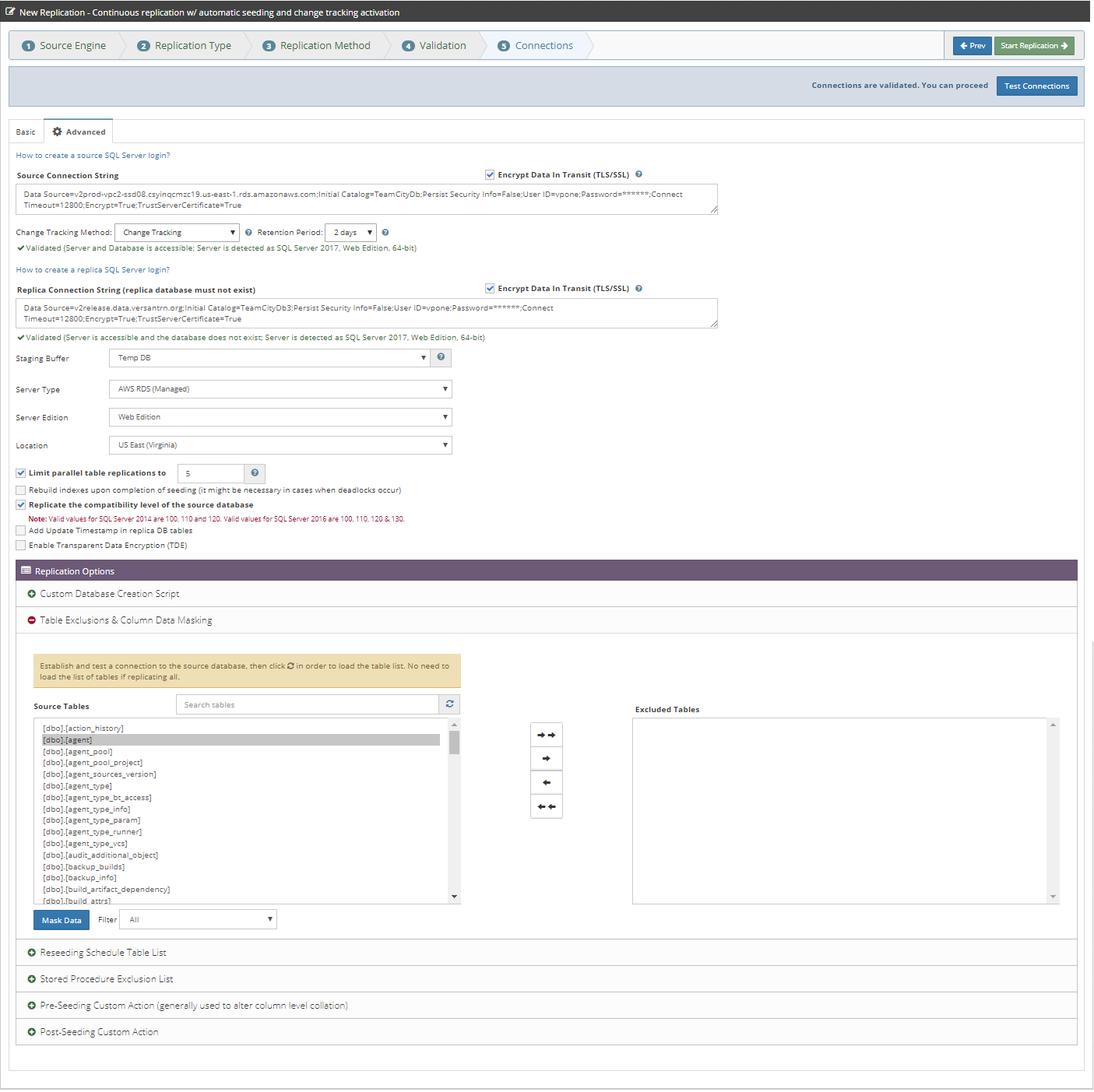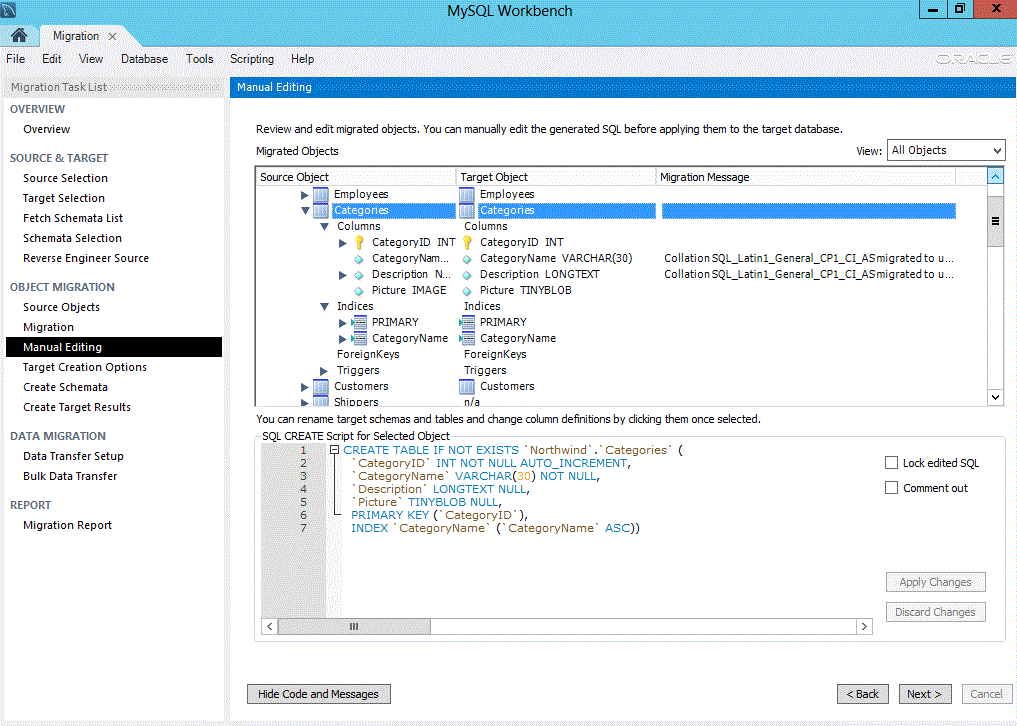

You can see how many I/Os your Aurora instance is consuming by going to the AWS Console. Unlike traditional database engines Amazon Aurora never pushes modified database pages to the storage layer, resulting in further I/O consumption savings. However, concurrent write operations whose transaction log is less than 4 KB can be batched together by the Aurora database engine in order to optimize I/O consumption. For example, a transaction log record that is 1024 bytes will count as one I/O operation.

Write I/Os are only consumed when pushing transaction log records to the storage layer for the purpose of making writes durable. Aurora was designed to eliminate unnecessary I/O operations in order to reduce costs and to ensure resources are available for serving read/write traffic. Each database page is 16 KB in Aurora with MySQL compatibility. The Aurora database engine issues reads against the storage layer in order to fetch database pages not present in the buffer cache. Every database page read operation counts as one I/O. I/Os are input/output operations performed by the Aurora database engine against its SSD-based virtualized storage layer. You can also set up your own binlog replication with external MySQL databases.įor a heavily analytical application, I/O costs are typically the largest contributor to the database cost. You can choose between Global Database, which provides the best replication performance, and traditional binlog-based replication.

These provide fast local reads to your users, and each region can have an additional 15 Aurora Replicas to further scale local reads. It also supports auto-scaling, automatically adding and removing replicas in response to changes in performance metrics that you specify.Īurora supports cross-region read replicas. Aurora provides a reader endpoint so the application can connect without having to keep track of replicas as they are added and removed. This frees up more processing power to serve read requests and reduces the replica lag time-often down to single-digit milliseconds. Aurora Replicas share the same underlying storage as the source instance, lowering costs and avoiding the need to perform writes at the replica nodes.
#MYSQL ENTERPRISE COMPATIBILITY LIST PASSWORD#
To learn more about password file configuration, see Preparing Password File for MySQL Processing.

To obtain information about privileges that are assigned to the account, use MySQL functionality, for example, the SHOW GRANTS statement. If the MySQL account does not have the LOCK TABLES privilege, Veeam Agent does not process tables based on the MyISAM storage engine. As a result, Veeam Agent does not process the table. If the MySQL account does not have the SELECT privilege for the table, Veeam Agent cannot access table metadata. To process the MySQL database system, the MySQL account must have the following privileges: Veeam Agent does not support tables that use other storage engines.Īfter Veeam Agent unlocks tables, Veeam Agent proceeds to the next step of the backup process. Keep in mind that Veeam Agent supports processing of tables based on the MyISAM and InnoDB storage engines only. Tables based on the InnoDB storage engine do not require locking. Veeam Agent changes the table state using the MySQL functionality.


 0 kommentar(er)
0 kommentar(er)
